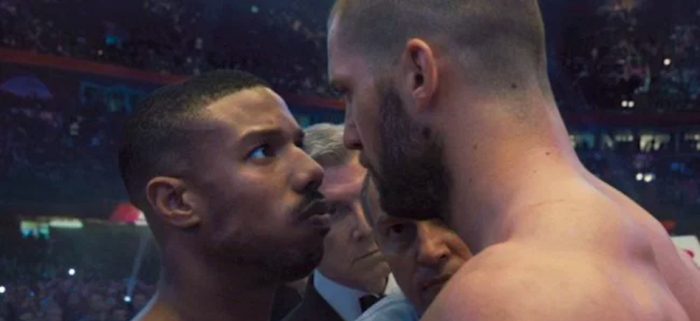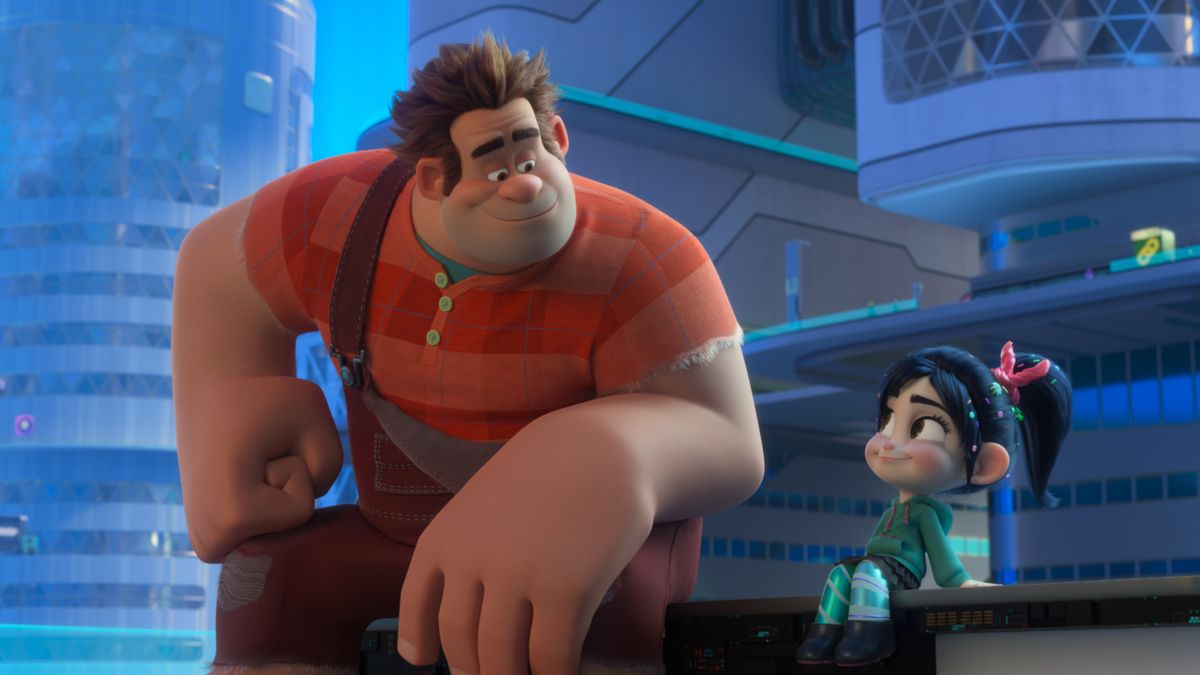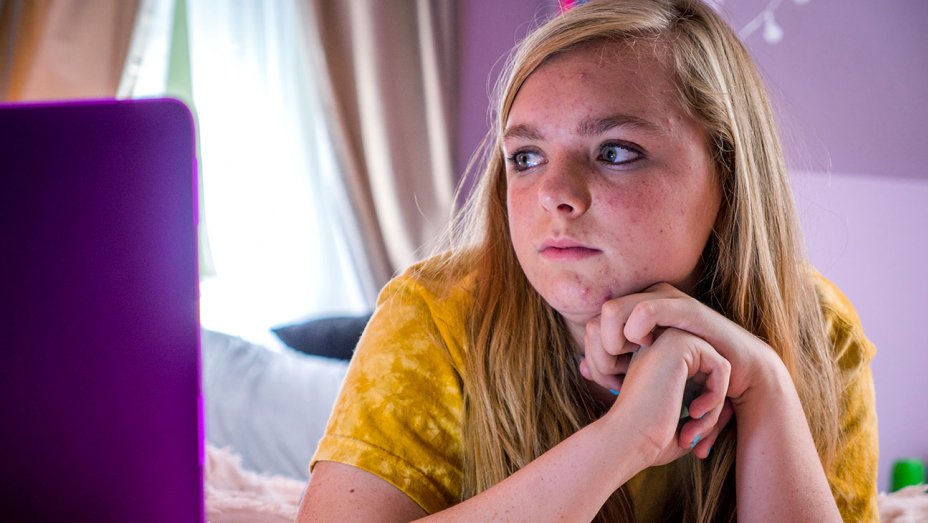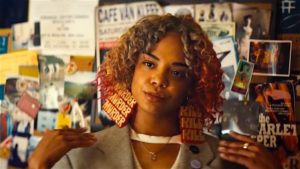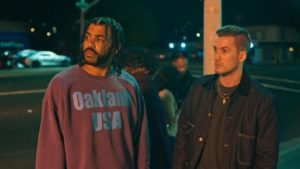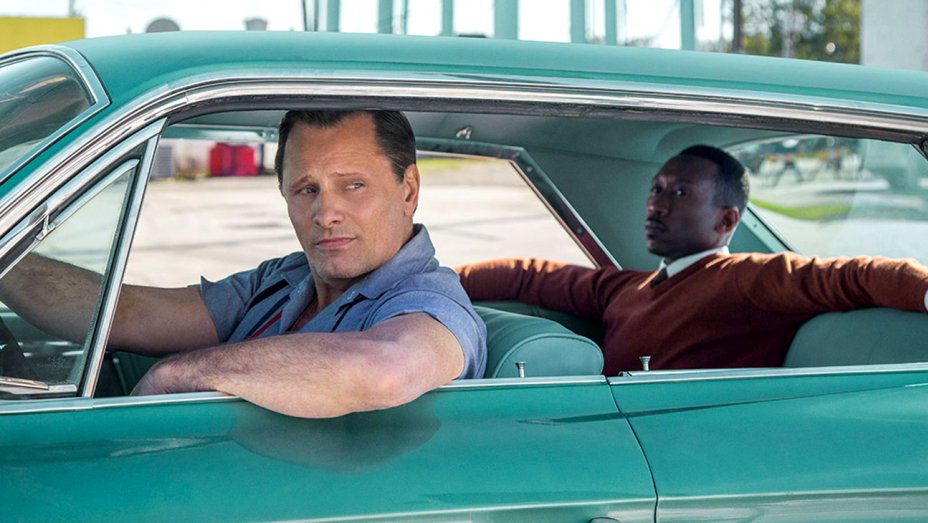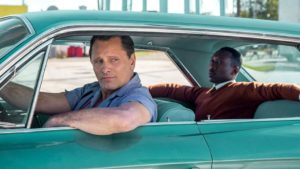Creed II
Posted on November 20, 2018 at 10:37 pm
B +| Lowest Recommended Age: | Middle School |
| MPAA Rating: | Rated PG-13 for sports action violence, language, and a scene of sensuality |
| Profanity: | Brief strong language |
| Alcohol/ Drugs: | None |
| Violence/ Scariness: | Intense and graphic fight scenes, serious injury, fighter killed |
| Diversity Issues: | None |
| Date Released to Theaters: | November 20, 2018 |
| Date Released to DVD: | March 4, 2019 |

Like a Timex watch and like Rocky himself, the Rocky franchise takes a licking and keeps on ticking. Here we are, four decades later, and Rocky Balboa is still going. “Creed,” written and directed by Ryan Coogler in between “Fruitvale Station” and “Black Panther,” was an unexpected upgrade, as Adonis Creed, the son of Rocky’s opponent in the original Oscar-winning film took over, angry, with a chip on his shoulder, and itching for a fight. Michael B. Jordan is a brilliant actor with sizzling screen charisma, and it was, well, a knockout. He was on his way to becoming a champ and to making a life with a beautiful hearing-impaired singer (Tessa Thompson).
Coogler produced this next chapter, Creed 2, written by the original Rocky, Sylvester Stallone, who returns as Creed’s coach and mentor, the guy you always want in your corner. And one thing Stallone knows how to do is step up the stakes. Entertainment Weekly once wrote that “It’s hard to find anything more 80’s than Rocky IV.” Just before the Cold War would draw to a close, “Rocky IV” had Stallone battling a Soviet fighting machine named Drago (Dolph Lundgren) with an ice queen of a wife (Brigitte Nielsen, who would be Mrs. Stallone briefly). After Drago kills Apollo Creed in the ring, Rocky fights him on behalf of Apollo and of course on behalf of America and freedom, and Rocky-ism.
And now, in the eighth film in the series, Drago’s son, trained by his bitter, brutal father (Lundgren again), challenges Adonis, newly crowned heavyweight champion, to a fight on behalf of Apollo, America, freedom, and Rocky-ism. One fighter is bigger and tougher, but he has been trained with hate. The other has been trained with heart . Time for the classic Bill Conti score again.
Michael B. Jordan is mesmerizing on screen and so completely authentic that he makes even the soapiest moments real and engrossing. Is Rocky going to refuse to train Adonis to fight Drago’s son (Florian Munteanu) just to create an opportunity for extra drama? Will there be ten-counts? Will there be a proposal, a baby, a reconciliation? Maybe two? Cornerman pep talks about “this is your house” and commentary on the business side of boxing (“The belt ain’t enough — you need a narrative, something that sticks to the ribs”)? Decadent Russian oligarchs in a dining room that looks like it belongs to Count Dracula? A camera shot that makes us feel like one of Drago, Jr.’s fists is coming right at us? Callbacks to “Rocky IV?” (In that film, Lundgren said only 46 words. In this one, he says a few more but some of them are the same words. Nielsen, on the other hand, is in the film but her ex-husband did not give her more than a few words to say.) Dramatic moments in the audience, as women watch the fights — or don’t? All of that, plus, in case we miss anything, a lot of expository narration from the sports announcers.
Oh sure, it’s cheese. But it’s Rocky, and it still works.
Parents should know that this film includes extended and graphic scenes of boxing with severe injuries, references to a boxer who died following a fight, brief strong language, and a non-explicit sexual situation.
Family discussion: How did the different goals Adonis and Viktor had for the fight affect them? What made Ivan Drago change his mind? What do we learn from Adonis’ night with the baby?
If you like this, try: the “Rocky” movies and “Warrior”

